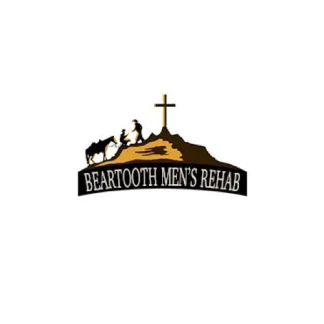Beartooth Men's Rehab
Powell, Wyoming, 391 Road 1AF, 82435
Available Programs
- Program for men
- Young adult program
Insurance and Financial
- Self-pay options
About this Facility
Beartooth Men’s Rehab, in Powell, Wyoming, is a faith-based, long-term residential drug and alcohol rehab for young adult men between the ages of 18 and 30. They provide specialized programming for justice-involved persons and men with co-occurring addiction and mental, emotional, or behavioral disorders. Located on a working cattle ranch, their treatment modalities include psychotherapy, equine therapy, reality therapy, and life-skills training.
Beartooth Men’s Rehab offers faith-based addiction recovery services for young adult men between the ages of 18 and 30 in Powell, Wyoming. Located on a working cattle ranch, their long-term residential treatment program combines intensive psychotherapy with reality and nature therapy, spiritual development, and recovery-focused life skills training. Specialized programming is available for justice-involved clients and those with co-occurring disorders. They accept self-pay.
Residential Program The long-term residential program allows clients to focus on their recovery in a highly structured and supportive environment. Clients engage in intensive, CBT-based individual, group, and family counseling. They also participate fully in the day-to-day operations of the ranch, encompassing a wide array of therapeutic modalities, including equine, nature, reality, and experiential therapies. The program promotes clients’ sustained sobriety and successful reintegration into their home, workplace, and community through extensive recovery-focused life skills training addressing topics such as coping, self-care, wellness, anger and stress management, conflict resolution, decision making, emotional regulation, and relapse prevention. Daily prayer and Bible study are emphasized as a cornerstone of physical, mental, and spiritual healing.
Aftercare Services Their aftercare services ensure a complete continuum of care aligned with clients’ evolving needs and may include peer coaching and referrals for medical, mental health, and social service programs.
Contact us for more information: (307) 899-3424

Contact Beartooth Men's Rehab
Connect with Beartooth Men's Rehab by calling their admissions team directly.
(307) 899-3424 Website Get Directions